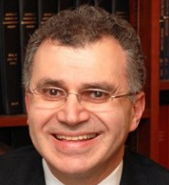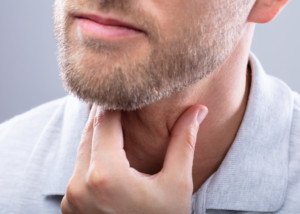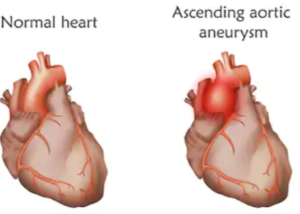A heart surgeon addresses the likely causes of chest tenderness.
“Chest tenderness is not a typical presenting scenario,” says John A. Elefteriades, MD, William W.L. Glenn Professor of Surgery, and Director, Aortic Institute at Yale-New Haven, New Haven, CT.
“Chest tenderness is uncommon.”
Usually, when something is going on in this area of the body, it’s in the form of pain, pressure or tightness.
Dr. Elefteriades says that tenderness in the chest “can be seen after traumatic injury, from rib fractures or from something called costochondritis.”
This last cause is “inflammation (irritation) of the costal cartilages—the soft bone attachments that connect the ribs to the breastbone,” continues Dr. Elefteriades.
Costochondritis can also cause a considerable degree of pain, though it is a benign condition and not at all related to the heart.
Many bodybuilders or those who work out hard with weights are quite familiar with the chest tenderness or sometimes considerable pain that comes with “costo.”
Additional Cause of Tender Chest: Car Seatbelt
Yes, the seatbelt. The belt may be pressed too much against a person’s chest, and at the time this is happening, there may not even be any discomfort.
But a few hours later, or even the next day, one may begin noticing a subtle sensation in the area where the seatbelt crossed over — like a tenderness, not a pain.
One may not make the connection to the seatbelt, either.
But if you DO make this connection…don’t stop wearing your seatbelt!
Tender Chest from Getting Struck There

©Lorra Garrick
Finally, another possible cause of soreness in the chest area is getting struck there during sport, such as a martial arts sparring match or getting hit there by martial arts kicks during tournament.
This can cause bruising, though the bruising may be barely visible.
However, pressing the fingers into the chest area will bring out the feeling of tenderness.

Formerly the chief of cardiothoracic surgery at Yale University and Yale New-Haven Hospital, Dr. Elefteriades is working on identifying the genetic mutations responsible for thoracic aortic aneurysms. He is the author of over 400 scientific publications on a wide range of cardiac and thoracic topics.
 Lorra Garrick is a former personal trainer certified by the American Council on Exercise. At Bally Total Fitness she trained clients of all ages for fat loss, muscle building, fitness and improved health.
Lorra Garrick is a former personal trainer certified by the American Council on Exercise. At Bally Total Fitness she trained clients of all ages for fat loss, muscle building, fitness and improved health.
.










































